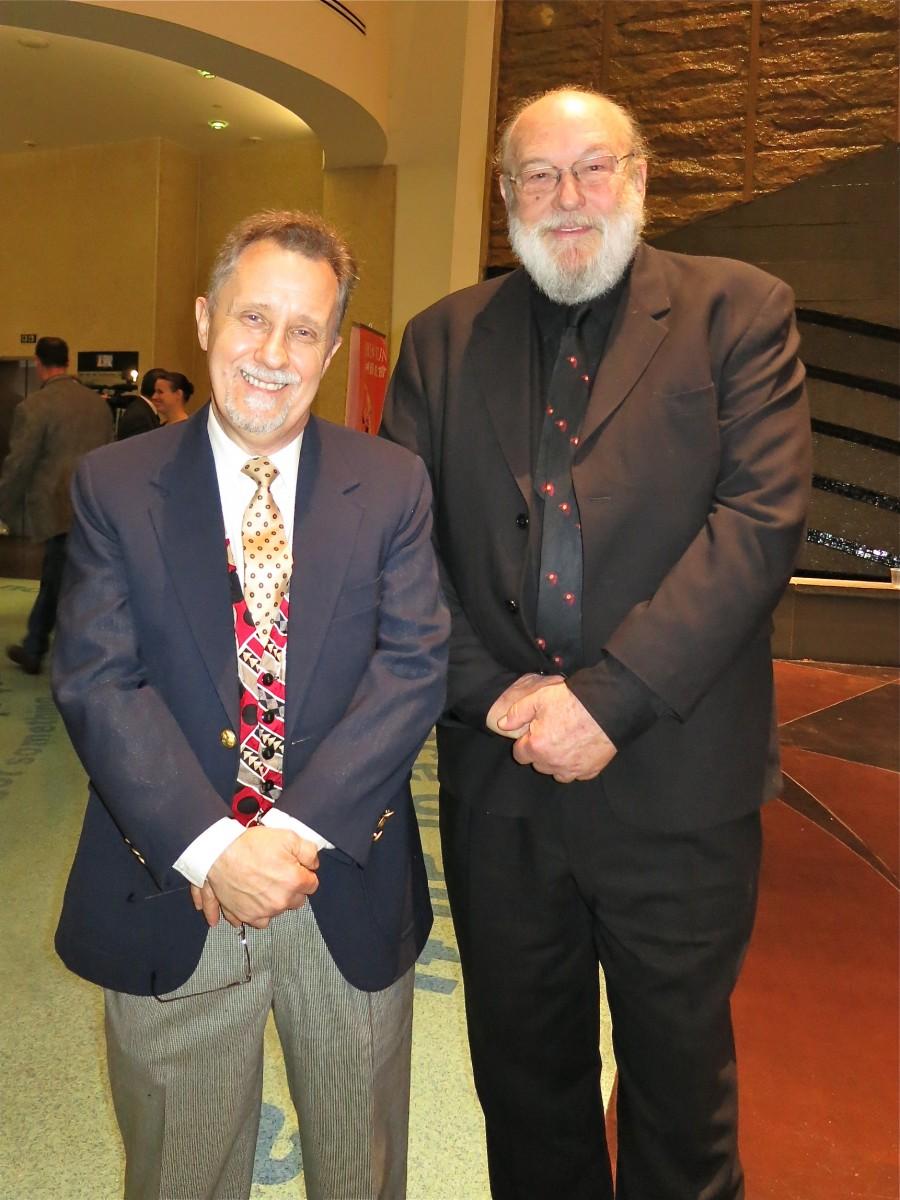SAN FRANCISCO—Orchestra owner and veteran music professional Mrs. Wang has seen many performances in her life, but was amazed by the sold-out Shen Yun Performing Arts performance at the San Francisco’s prestigious War Memorial Opera House on Jan. 8. “I tell you, this is very different music,” she said.
Based in New York, Shen Yun Performing Arts is the world’s premier Chinese classical dance company, is reviving 5,000 years of traditional Chinese culture on stage—complete with a live orchestra. Mrs. Wang talked about how Shen Yun blends elements from the Western with the Chinese musical traditions. “Usually when you go to a concert you [hear] Chinese music only or Western music only. [It is] very hard for them to blend together,” she said.
The Shen Yun Orchestra consists of classical Western as well as harmoniously integrated traditional Chinese instruments including the suona, the pipa, the erhu, and the dizi.







